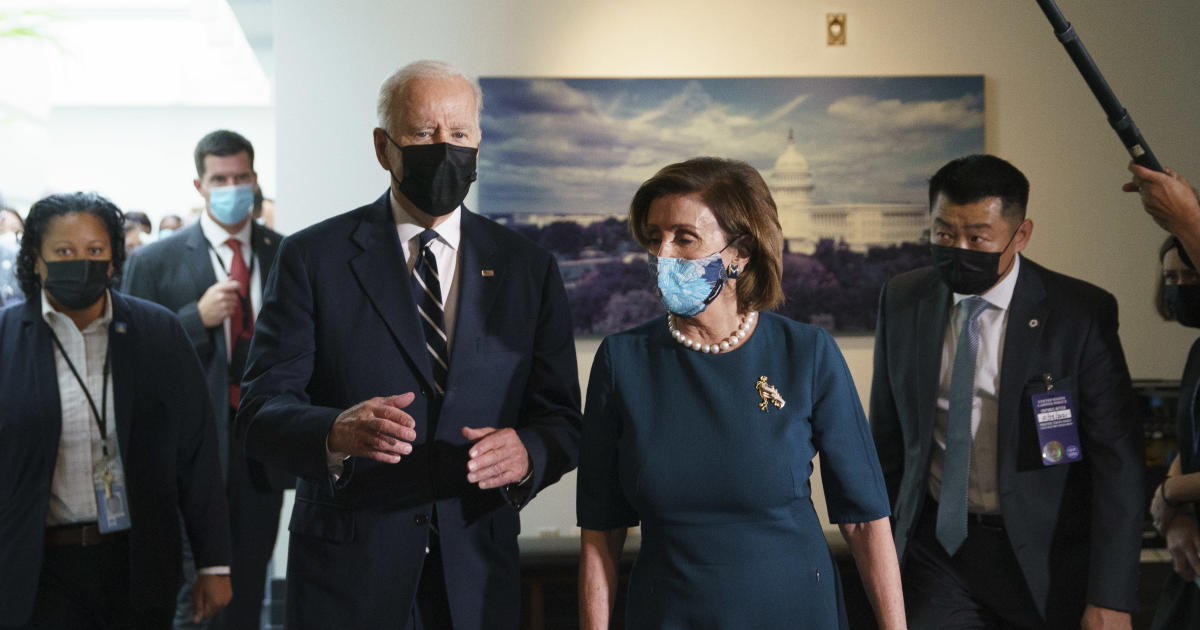
House poised to vote on both Build Back Better and infrastructure bills
CBSN
The House is poised to vote as early as Friday afternoon on both the bipartisan infrastructure bill and the social spending bill that together make up the bulk of President Biden's domestic agenda.
Both pieces of legislation are likely to pass in the House, since Speaker Nancy Pelosi does not generally call votes until she's confident a bill has enough votes to pass. Democratic leadership hopes to have final votes later Friday afternoon. But Republicans began the morning after the House gaveled in at 8 a.m. by calling to adjourn for the day, and forcing the House to take a vote. GOP lawmakers are expected to slow things down by calling for procedural votes throughout the day.
No House Republicans are expected to vote for the Build Back Better Act, but it's not clear whether there will be bipartisan support in the House for the infrastructure bill. Nineteen Republicans in the Senate joined Democrats to vote for the legislation in August.

In the past year, over 135 million passengers traveled to the U.S. from other countries. To infectious disease experts, that represents 135 million chances for an outbreak to begin. To identify and stop the next potential pandemic, government disease detectives have been discreetly searching for viral pathogens in wastewater from airplanes. Experts are worried that these efforts may not be enough.












